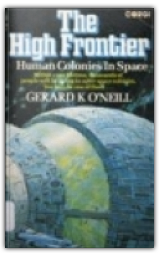
Rocket man, I think it's going to be a long, long time. When Princeton physicist Gerard K. O'Neill published the first edition of High Frontier back in the mid-70s (just four years after "Rocket Man," to be exact), he just assumed that some of us would be living in orbit by now. Or as the Space Studies Institute's George Friedman puts it in a new essay for this third edition of O'Neill's pioneering work, the L5 society's slogan "L5 in '95!" certainly wasn't referring to 2095. 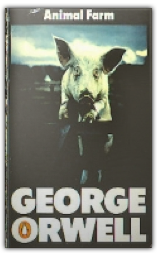
Since its publication in 1946, George Orwell's fable of a workers' revolution gone wrong has been recognized as a classic of modern political satire. Fuelled by Orwell's intense disillusionment with Soviet Communism, Animal Farm is a nearly perfect piece of writing—both an engaging story and an allegory that actually works. When the downtrodden beasts of Manor Farm oust their drunken human master and take over management of the land, all are awash in collectivist zeal. Everyone willingly works overtime, productivity soars and for one brief, glorious season, every belly is full. The animals' Seven Commandment credo is painted in big white letters on the barn. All animals are equal. No animal shall drink alcohol, wear clothes, sleep in a bed or kill a fellow four-footed creature. Those that go upon four legs or wings are friends and the two-legged are, by definition, the enemy. Too soon, however, the pigs, who have styled themselves leaders by virtue of their intelligence, succumb to the temptations of privilege and power. "We pigs are brainworkers. The whole management and organisation of the farm depend on us. Day and night, we are watching over your welfare. It is for your sake that we drink that milk and eat those apples." While this swinish brotherhood sells out the revolution, cynically editing the Seven Commandments to excuse their violence and greed, the common animals are once again left hungry and exhausted, no better off than in the days when humans ran the farm. Satire Animal Farm may be, but it's a stony reader who remains unmoved when the stalwart workhorse, Boxer, having given his all to his comrades, is sold to the glue factory to buy booze for the pigs. Orwell's view of Communism is bleak indeed, but given the history of the Russian people since 1917, his pessimism has an air of prophecy. —Joyce Thompson 
This book is a companion to Amanda Palmer's new CD of the same name. It has words accompanying each of the pictures she has had taken of herself, written by Neil Gaiman. She's dead in all the pictures, different ways and states each time. So that's the basics, but it leaves me wondering how to describe it to you, if I call it beautiful, it disregards the visceral pictures, the gritty, horrifying pictures of Amanda bloodied in a shopping trolley, or left in a dark alley. If I say it's horrifying, it denies the superb photography of the book, the cadence of Neil's fitting words, the attention to detail in the pictures, and the shots where Amanda lies serene and peaceful. The only thing to do then, is describe it as this: spectacularly unique. Combining the lyrics of her latest album, with short stories by Mr. Gaiman, and photos that seem to have been collected over many times and situations, Who Killed Amanda Palmer is both frightening, absorbing, artistic, and just a little fascinating. It's not a book for everyone, but for Gaiman fans it's a definite read, For Palmer fans it's a sure-bet for a look. And for fans of both - it's an absolute must buy. |

Book two in the two-book set of the complete series of the comic book adventures of Jeff Hawke, Counsel for the Defense. 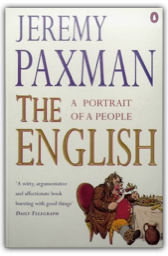
What is it about the English? Not the British overall, not the Scots, not the Irish or Welsh, but the English. Why do they seem so unsure of who they are? As Jeremy Paxman remarks in his preface to The English, being English "used to be so easy". Now, with the Empire gone, with Wales and Scotland moving into more independent postures, with the troubling spectre of a united Europe(and despite the raucous hype of "Cool Britannia"), the English seem to have entered a collective crisis of national identity. 
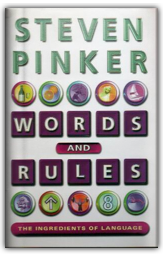
Steven Pinker has a very good ear; you know it instantly from his prose: elegant, accessible and very witty indeed. In Words and Rules, Pinker picks apart our language to reveal pro found truths about how we think. 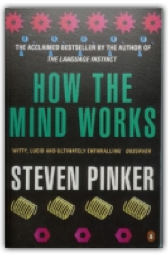
Why do fools fall in love? Why does a man's annual salary, on average, increase £375 with each inch of his height? When a crack dealer guns down a rival, how is he just like Alexander Hamilton, whose face is on the 10-dollar bill? How do optical illusions function as windows on the human soul? Cheerful, cheeky, occasionally outrageous MIT psychologist Steven Pinker answers all of the above and more in his marvellously fun, awesomely informative survey of modern brain science. Pinker argues that a combination of Darwin's theories and some canny computer programs are the key to understanding ourselves—but he also throws in apt references to Star Trek, Star Wars, The Far Side, history, literature, W.C. Fields, Mozart, Marilyn Monroe, surrealism, experimental psychology and Moulay Ismail the Bloodthirsty and his 888 children. If How the Mind Works were a rock show, tickets would be scalped for £100. This book deserved its spot at the top of the bestseller lists. It belongs on a short shelf alongside such classics as Darwin's Dangerous Idea: Evolution and the Meanings of Life, by Daniel C. Dennett, and The Moral Animal: Why We Are the Way We Are: The New Science of Evolutionary Psychology, by Robert Wright. Pinker's startling ideas pop out as dramatically as those hidden pictures in a Magic Eye 3D stereogram poster, which he also explains in brilliantly lucid prose. 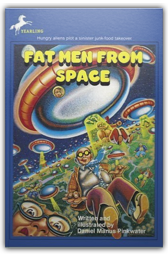
Through his radio tooth, William learns of an invasion by spacemen who are taking all of earth's supply of junk food. |

Mike Scott
Collection Total:
4227 Items
4227 Items
Last Updated:
Feb 21, 2010
Feb 21, 2010


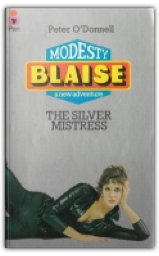
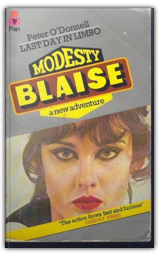
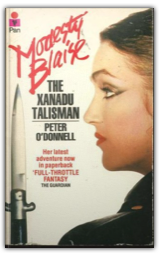


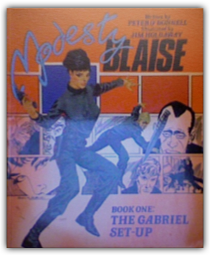
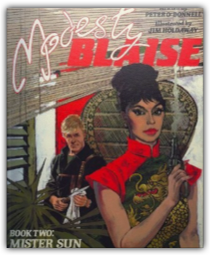
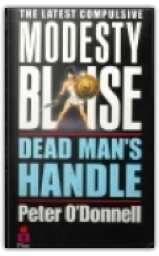
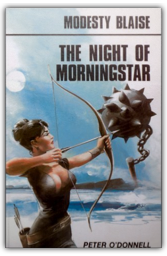





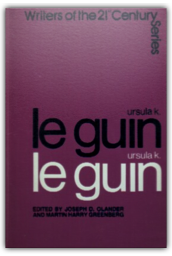
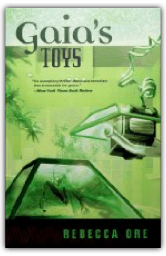

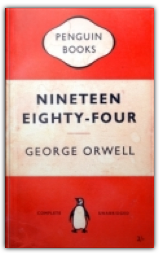
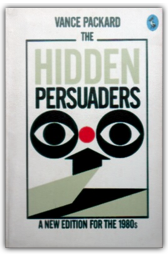
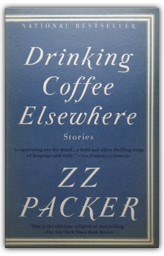











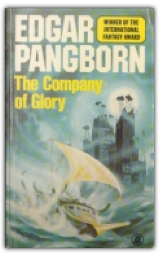

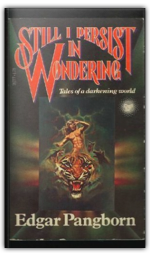
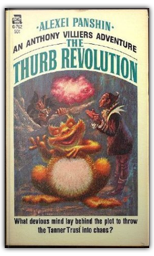
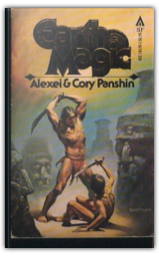
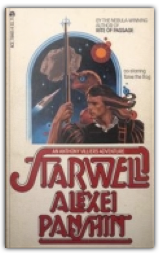
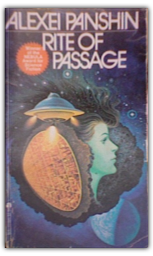
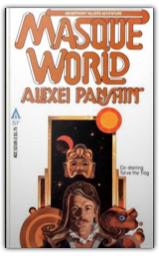
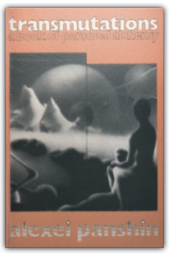
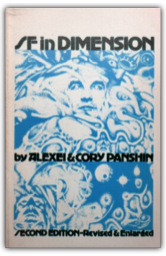
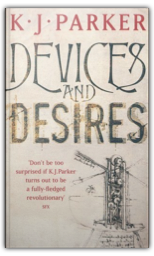

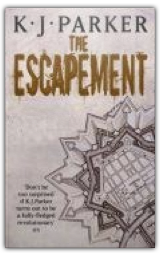

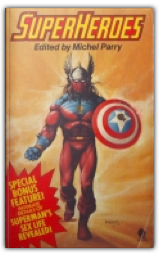
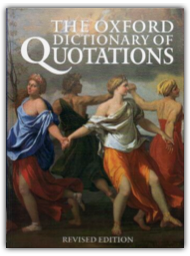

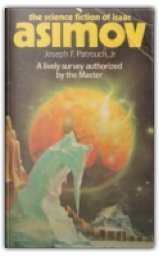
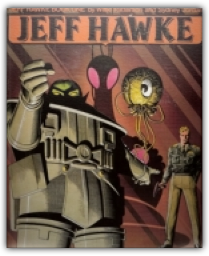
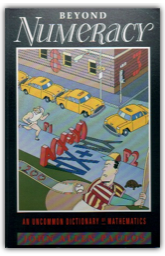
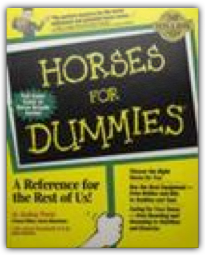
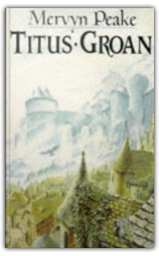
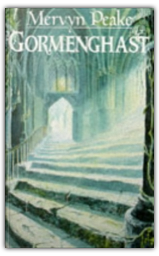
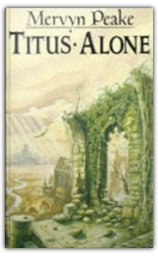
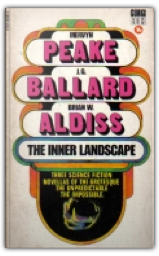



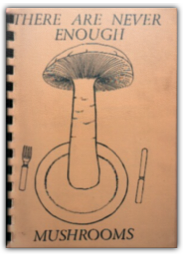
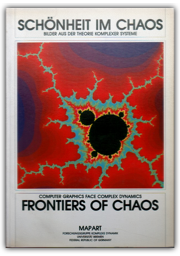
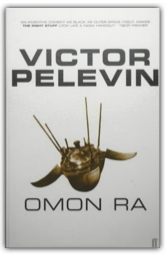

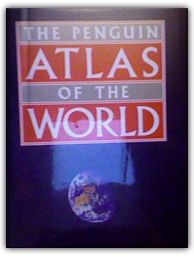
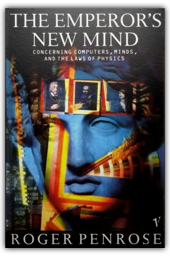
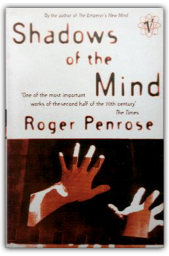
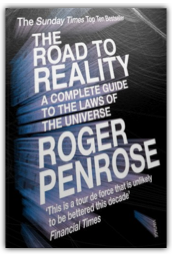
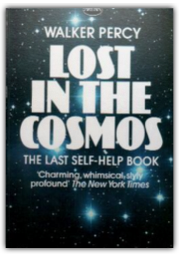

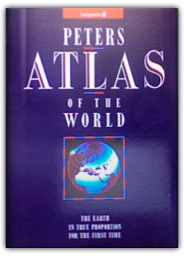
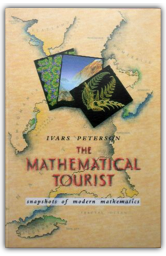



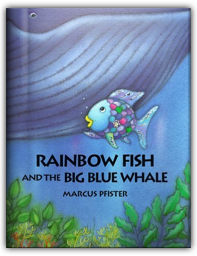


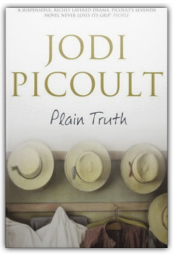
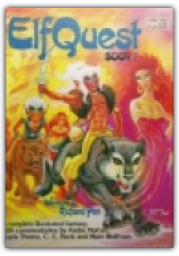
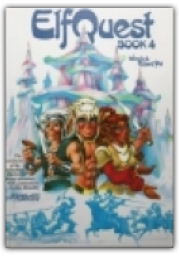
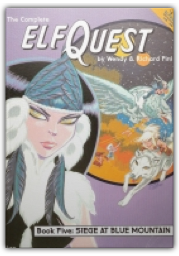
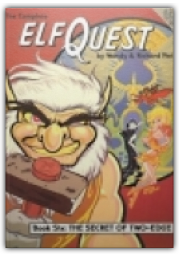
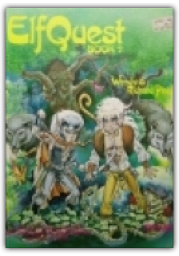
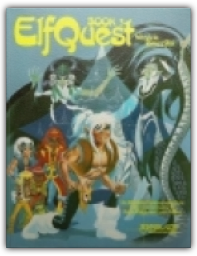
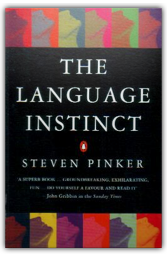

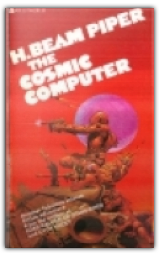
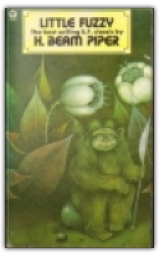

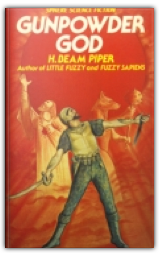
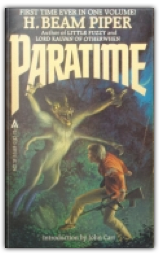

 Made with Delicious Library
Made with Delicious Library